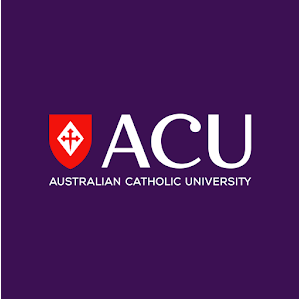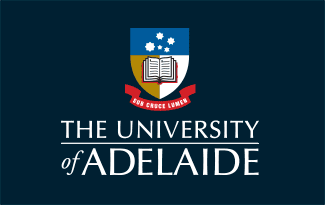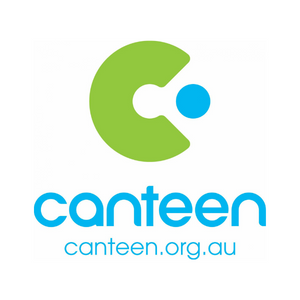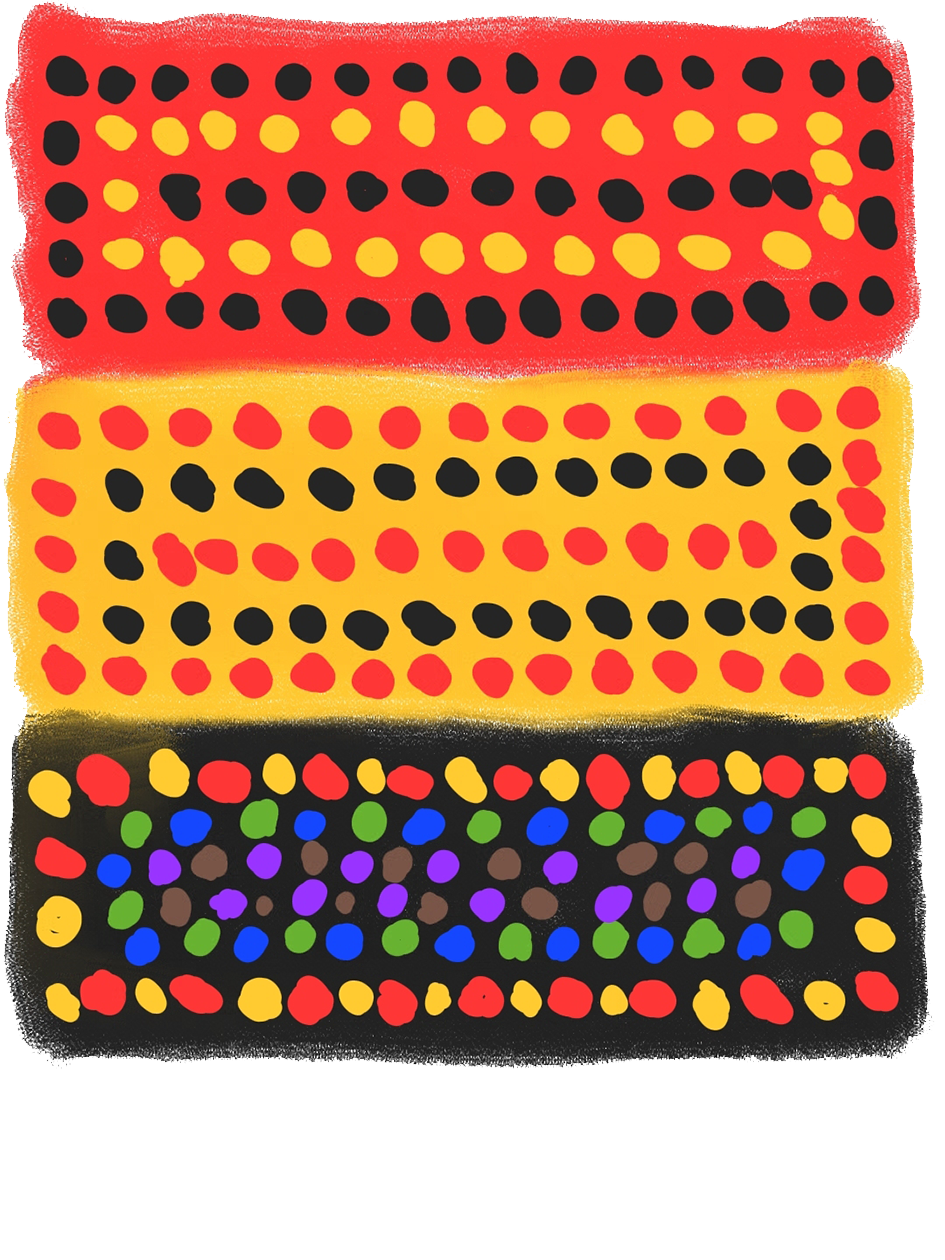Unique And Innovative Cultural Services
Pirlpa’s Key Programs Include:
Pirlpa focuses on traditional Aboriginal knowledge and its relation to today’s mental health services. Participants gain insights into traditional Aboriginal law, language, ceremony, Country and kinship.

Cultural Safety Training
- Aboriginal Cultural Safety in Professional Practice (from 2-6 hours)
- Work based Aboriginal Cultural Mentoring (1 hour)
- Aboriginal Cultural Camp (over 3 days)

Cultural Consultation & Development
How respect for Indigenous culture can increase identity, strengthen connection, build resilience and support self-determination.
Embedding cultural safety into your workplace.
Comprehensive work placed audit, consultation and training.

Narrative Therapy
Innovative, culturally safe therapy led by storytelling, helping to lessen the stigma of mental health, Suitable for individuals and groups.
Group sessions using narrative therapy together with Aboriginal cultural knowledge and wisdom.
4 week group therapy program.
Feel free to reach out to Paul for additional details regarding these services.
Aboriginal Cultural Safety in Professional Practice
About This Program:
Aboriginal Cultural Safety in Professional Practice is an all day workshop for those who work with Aboriginal people, families and communities.
Paul will teach you using traditional Aboriginal methods of learning. It is unlike any other cultural training and at the end, you will have a detailed understanding of traditional Aboriginal culture and a new set of skills that you can use in your day to day practice.
Paul’s experience living on country is blended with his work experience, including forensic mental health, mixed with many personal examples and stories, making his training a truly unique experience like no other.
When Is The Next Session and Where Can I Buy Tickets?
Check the latest workshop posts to find the next available session for this program.
Have Enquiries? or Need Additional Information?
Please contact me if you have enquiries or require any additional information about this program.
What Does This Program Involve?
- Traditional Aboriginal culture and practice.
- Kinship systems and how they work.
- Aboriginal spiritual model of health and well-being.
- The Aboriginal way of learning and how you can use it.
- Aboriginal law and different world views.
- Communication skills and techniques.
- Creating safe and secure spaces.
- The cultural handshake and how to create rapport.
- How to work with complex Aboriginal clients.
- Visiting remote communities and what to do.
- Coping skills and strategies.
- Narrative Therapy techniques.
- Various role plays, case studies and scenario activities.
- Lots of yarning, sharing lived experience and personal stories to help understand the subject matter.
- And much more.
Participant Feedback:
Educator
All day ‘talks’ typically leave me feeling drained but the Cultural Awareness training left me feeling keen for more. I better understand how to approach communication and cultural differences.
Mental Health Specialist
Helped me thread parts of existing understanding together which will improve ways of working with Aboriginal people; interesting and useful. great that you relate the knowledge to your experiences.
Occupational Therapist
Informative and detailed, yes there is obviously so much more to learn. So different to other training because of many personal experiences/explanations provided.
Nurse
Very comprehensive, understanding has increased, beneficial, vital for all staff to attend.
Support Worker
Very practical ideas; easy to understand, delivered respectfully; honored to have learnt from you.
Yarning For Strength
Yarning for Strength is a program I created and am currently running here in Adelaide. The program shares Aboriginal culture to strengthen identity and connection to build resilience, so participants are able to take better control and ownership of their health and well-being.

Day 1
- In session 1 and 2 we yarn about Aboriginal culture, and we share knowledges, especially traditional knowledge. The goal is to build a cultural baseline, then add to that baseline so participants can enhance their identity, build strength and become more resilient to pressures that modern life bring. By doing this, participants are more able to take control and ownership of their lives. When done correctly, participants are less likely to engage in risky behaviours. Culture is a strength, not a risk factor.

Day 2
- In session 3 we start to introduce Aboriginal coping skills and strategies, relaxation and mindfulness. We talk about anger, racism and discrimination. We talk about family and the importance of connection.
- In session 4 we touch on cultural credibility and integrity, and we finish with some narrative therapy.
- Session 5 is the graduation ceremony, where participants receive their certificate of completion and we all celebrate.
Some of the topics include traditional Aboriginal cultures, language, laws, and ceremonies; understanding racism and discrimination and how to deal with it; what it means to be culturally strong and how we can be strong for ourselves and others; and developing coping skills and strategies. Additionally, using narrative therapy to identify and address problems is covered, among other topics. The current program works with a small group of participants, both male and female, with various mental health issues.
“Feedback from the current participants has been heartwarming, and at times, it’s been a challenge to hold back tears. There’s some serious talk, some emotion, and lots of blakfella laughing. Many of the people I work with grew up in dysfunction, some didn’t have great role models, and now they struggle with complex issues. It’s such an honor and a privilege to work with mob like this and to listen to their stories. They have amazing smiles, and watching them laugh is just gold. Being there to provide support at their time of need is priceless”. Paul Herbert
The program is suitable for schools, sporting clubs, community organizations, and other groups and can be modified to suit your needs. If you are interested in Yarning for Recovery for your organisation, contact me for more information.
If you have any inquiries or require additional information about any of my services, please contact me, and I’ll reply as soon as I can.
Our customers
Australian Catholic University
Paul is a capable, knowledgeable, and a humble man with deep knowledge of the impact culture has in mental health. His work in mental health has been informed by his roots and connection to country and his knowledge in Narrative Practice. His care and connection to country is palpable in his teaching and his ability to introduce students to Aboriginal knowing’s and culture, creates a intrinsic interest in students.
Dr Oscar Modesto (he/him)
Senior Lecturer
Undergraduate Course Coordinator
School of Behavioural and Health Sciences I Psychology
Faculty of Health Sciences
Australian Catholic University


The University of Adelaide
Paul has been a valuable teacher in the University of Adelaide’s School of Allied Health Science and Practice for the last two years, contributing to our Interprofessional Learning courses. His work on indigenous culture and communication in healthcare with aboriginal clients contributes to the development of culturally safe practice in our students. Using indigenous teaching methods and authentic content, Paul helps students develop their cultural awareness. His gentle, approachable teaching style encourages student engagement, with feedback praising his sessions as ‘real’, ‘eye-opening’, and ‘thoroughly enjoyable’.
Dr Charles Marley
Senior Lecturer
School of Allied Health Science and Practice
Faculty of Health and Medical Sciences
Adelaide University
Canteen Australia
Due to Paul’s deep knowledge and experience in culture, its been a privilege to learn from Paul with his unique teaching methods that create a safe place for people to learn and understand our ways and wisdom.
Karl Rashleigh
National Clinical Cultural Advisor
Canteen Australia



